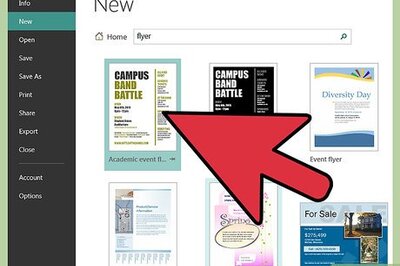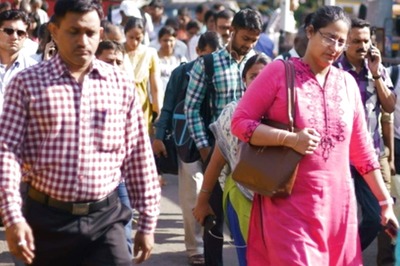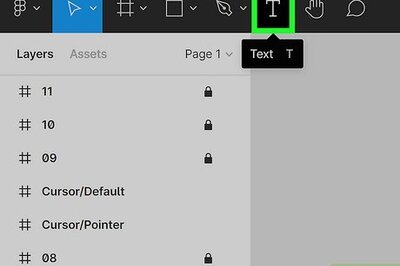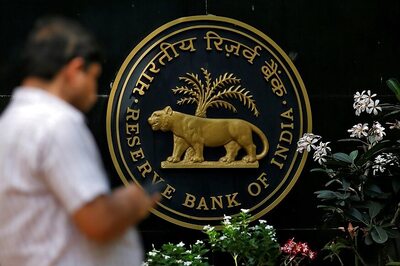
views
MSD Pharmaceuticals India on Wednesday launched India’s first gender-neutral Human Papillomavirus or HPV Vaccine, which is expected to help reduce HPV-related disease burden among both girls and boys. The vaccine, named GARDASIL 9, is a 9-valent Human Papillomavirus (HPV) Vaccine.
“We have worked with state governments like Punjab and Sikkim, and going forward, we hope to work with many more state governments and corporations, and expand the availability of vaccination,” Rehan A. Khan, Managing Director, MSD- India Region, told News18.
India has the second-highest death rate due to cervical cancer, and HPV is its most common cause. Over 1,22,000 women are diagnosed with cervical cancer every year, and around 67,000 women die of it every year. In addition, over 25 percent of all cervical cancer deaths in the world occur in India. There are over 100 kinds of the virus, of which 13 are known to cause cancer. Two types of HPV – type 16 and type 18 – are responsible for about 70% of cervical cancer cases.
Despite that, HPV vaccines are not part of the national immunisation programme nor is there any awareness of the vaccine availability. In 2008, India approved two HPV vaccines that have been available in the private sector. But those vaccines are expensive.
Who can get the vaccine?
Cervical cancer can be prevented by vaccines if they are given before girls or women are exposed to HPV. Once someone has been exposed to HPV, the vaccine may not be as effective. The HPV vaccine can also prevent vaginal and vulvar cancer. The vaccine can prevent genital warts, anal cancers, and mouth, head, neck, throat, head cancers in women and men. In addition, vaccinating boys can also help to protect girls from the virus by possibly decreasing transmission.
The vaccine can be given to girls between the age groups of 9-26 years and boys in the age groups of 9-15 years.
How many doses can be administered?
GARDASIL 9 is a nano-valent vaccine given as an intramuscular injection, in a total of 3 doses spread over 6 months. In girls aged between 9‐26 years, a 3-dose regimen is scheduled at 0, 2 & 6 months for cervical, vulvar, vaginal, and anal cancer; precancerous or dysplastic lesions; genital warts; and persistent infections caused by HPV. In boys aged between 9‐15 years, the same 3-dose regimen is advised for prevention of infections caused by HPV such as anal cancer, penile cancer and genital warts.
In India, it is estimated that around 1.7 lakh cases of HPV-related cancer are reported annually. HPV vaccinations can play a crucial role in reducing these numbers in both girls and boys significantly. “What we have seen in India recently is the best example in the world of a government driving a significant vaccination programme. Taking HPV vaccine in India too can have a big impact in the lives of people and their families going forward,” said Khan.
MSD Pharmaceuticals Pvt Ltd is a wholly-owned subsidiary of Merck Sharp and Dohme, known as Merck & Co, Inc. in the US and Canada.
Read all the Latest News , Breaking News and IPL 2022 Live Updates here.




















Comments
0 comment